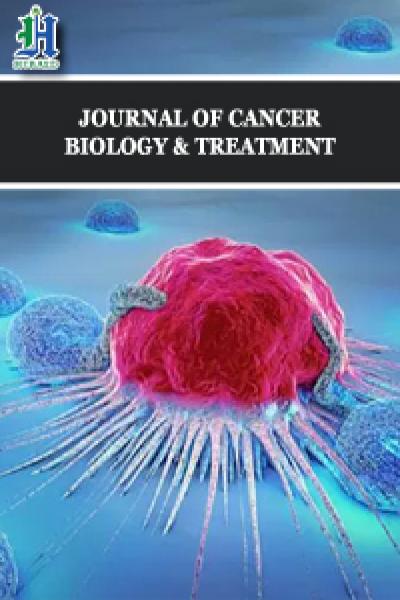
Cancer Epigenetics
Cancer epigenetics examines heritable changes in gene expression that do not involve alterations in DNA sequence but play a crucial role in tumor development and progression. Key epigenetic mechanisms include DNA methylation, histone modification, chromatin remodeling, and non-coding RNA regulation. These processes affect oncogene activation, tumor suppressor gene silencing, and genomic stability. Epigenetic alterations often occur early in carcinogenesis and can serve as diagnostic markers, prognostic indicators, and therapeutic targets. Unlike genetic mutations, many epigenetic changes are reversible, making them attractive targets for drug development. FDA-approved epigenetic therapies, such as DNA methyl transferase inhibitors and histone deacetylase inhibitors, are already in clinical use for certain hematologic malignancies.
Emerging technologies like single-cell epigenomics and CRISPR-based tools are enhancing our understanding of the dynamic epigenetic landscape in cancer. Furthermore, the interplay between epigenetics and the tumor microenvironment, immune response, and therapeutic resistance is an area of growing interest.
The journal invites original research and reviews that explore epigenetic regulation in cancer, epigenetic biomarkers, and novel therapeutic strategies. Studies integrating multi-omic data or addressing the clinical translation of epigenetic discoveries are particularly encouraged to support innovation in cancer detection and treatment.

